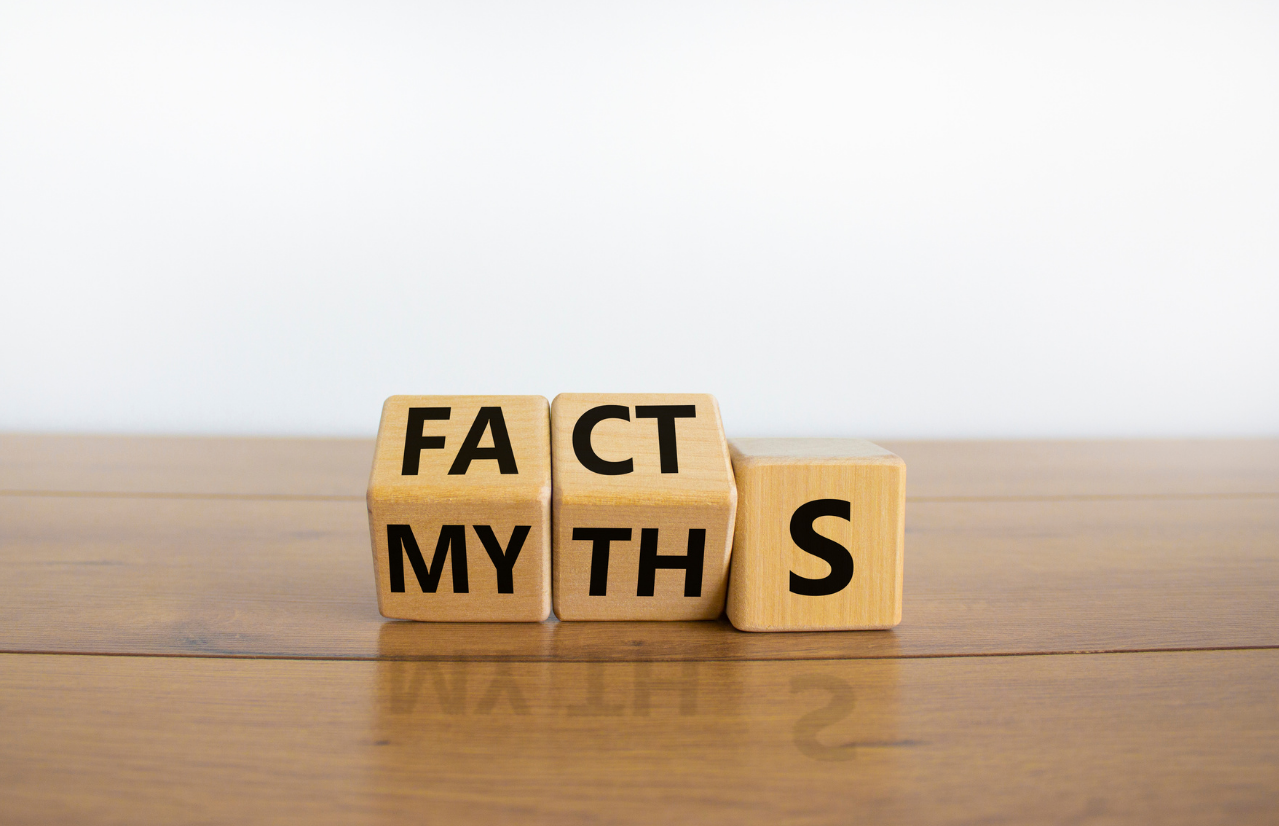The current Covid-19 pandemic has affected all our lives in some capacity. With emerging evidence released on a daily and monthly basis, this situation is concerning and scary for everyone. If you suffer from a chronic condition, such as diabetes, you may be wondering whether Covid-19 poses an additional threat, and what you can do to protect yourself.
Covid-19 is a respiratory disease caused by the severe acute respiratory syndrome coronavirus 2 (SARS-CoV-2) virus that originally emerged from the Wuhan region of China. The SARS-CoV-2 is a type of coronavirus, which belongs to the same family as SARS and MERS. Recent research has suggested that the virus has some affinity to the angiotensin-converting enzyme receptor 2 (ACE2), which acts as the entry point for the human body. Once inside the cell, it uses the host’s cellular machinery to replicate itself. Covid-19 mainly affects the respiratory tract with mild cases restricted to the upper respiratory tract (including the nasal cavity, pharynx, and larynx) and more severe cases affecting the lower respiratory tract (including the trachea, bronchi, bronchioles, and alveoli).
Can diabetes be a risk factor for Covid-19?
Yes. A growing body of evidence shows that diabetes is a risk factor for hospitalisation and mortality of Covid-19 infection. A recent study has shown that diabetes was a common comorbidity in 22% of 32 non-survivors among 52 intensive care patients (12). Whilst additional evidence showed that among 173 and 140 patients with severe Covid-19 infection, 16.2% and 12% had diabetes, respectively (1,8). Interestingly, when comparing intensive care and non-intensive care patients with Covid-19 infections, there appears to be a 2-fold increase in the rate of patients in intensive care having diabetes, whilst mortality occurs as a 3-fold increase in individuals with diabetes compared with the general mortality rate of Covid-19 cases in China (7). Remarkably, diabetes has been shown to be a common risk factor for severe disease and mortality during the previous SARS, MERS (Middle East respiratory syndrome) coronavirus infections as well as severe influenza A H1N1 pandemic that occurred a decade ago (6).
Why is there an increase in Covid-19 infection with diabetes?
Individuals with diabetes have an impaired immune response to infection. This applies to both, exacerbated cytokine storm profiles and activation of different types of white blood cells, such as T-cells and macrophages (4). Additionally, poor glycaemic control - a common feature of diabetes, impairs several aspects of the immune response leading to a diminished body’s host response to viral infections combined with an increased risk for potential secondary infections in the lungs. In fact, it is likely that many of the patients with diabetes who have been infected by Covid-19 were in poor metabolic health making them more susceptible to the disease. Importantly, many patients with type 2 diabetes are also obese and/or have abdominal obesity, known risk factors for severe infections. This is because obesity leads to several respiratory problems, such as reduced ventilation of the lungs, which increases the risk of pneumonia, and reduced oxygen saturation of the blood. Lastly, diabetes, similar to hypertension, is often treated with angiotensin-converting enzyme (ACE) inhibitors. As we already know, Covid-19 binds to target cells through the angiotensin-converting enzyme 2 (ACE2), found in the epithelial cells in the lungs, blood vessels, and intestine (10,11). Therefore, treatment with ACE and angiotensin II receptor blockers increase the ACE2 receptor expression which may lead to a higher susceptibility for Covid-19 infections in hypertensive and diabetic patients.
Is the risk of developing diabetes determined by genetics?
Genetics can determine your risk of developing type 2 diabetes. However, other lifestyle factors can play a larger role in determining whether you are likely to develop this condition. A favourable lifestyle that includes the maintenance of a healthy weight, physical activity, and a healthy diet can heavily influence the chances of developing type 2 diabetes. Soon, it will be possible to test for your genetic predisposition towards diabetes using our new DNA test service.
Recommendations for boosting your immune system
A strong innate immune system capable of responding to pathogens is key to clear the SARS-CoV-2 virus and to attenuate immunologic consequences of the disease. Below are a few evidence-based recommendations that may help increase your immune response (no magic pills here!):
- Improve your circadian rhythm - one of the best things you can do to prevent Covid-19 symptoms is to avoid social activities at night and go to bed at a reasonable hour. Jet-lag has a negative effect on your circadian rhythm and increases your susceptibility to viruses. Circadian disruption occurs when you end up staying up later than usual and are exposed to bright lights
- Ensure you have optimal vitamin D levels - scientific evidence suggests that vitamin D deficiency is linked to more severe Covid-19 susceptibility. A vitamin D blood test is your best bet to know your levels. Adequate exposure to sunlight and supplementation are both important when it comes to synthesising the optimal amount of vitamin D
- Avoid suppressing melatonin onset in the evenings - studies have shown that melatonin is beneficial for reducing excessive cytokine production and restoring mitochondrial function. This is because melatonin enhances immune function prior to stimulation, and it helps prevent an excessive immune response (2,3). A natural way to boost your melatonin levels can be achieved by eliminating exposure to light in the blue wavelength at night. Unfortunately, light exposure at night triggers a receptor in the retina causing melatonin production to be dampened. To avoid this, either turn off electronics/lights or wear blue light blocking glasses. Both will increase your endogenous melatonin production. Some research suggests that melatonin supplementation may be a good idea for combatting Covid-19. A current clinical study is now being undertaken to determine the effectiveness of melatonin supplementation during this pandemic (5)
- Prioritise a healthy and well-balanced diet - avoid excess consumption of fast foods and/or fried foods, and limit consumption of refined carbohydrates and trans fats
The take-home message
Taken together, diabetes is a major risk factor for Covid-19 infection. As a first rule, Individuals with diabetes are advised to follow the general prevention advice given by the authorities thoroughly to reduce the risk of fatalities and avoid Covid-19 infection. Furthermore, tight glycaemic control and a healthy lifestyle are key, but individuals with diabetes must also pay attention to wearing masks and maintaining social distancing to help prevent infection.
References
- Alhazzani, W., Møller, M.H., Arabi, Y.M., Loeb, M., Gong, M.N. and Fan, E., & Du, B.(2020). Surviving Sepsis Campaign: guidelines on the management of critically ill adults with Coronavirus Disease 2019 (COVID-19). Intensive care medicine, pp.1-34.
- Biancatelli, R.M.L.C., Berrill, M., Mohammed, Y.H. and Marik, P.E., 2020. Melatonin for the treatment of sepsis: the scientific rationale. Journal of Thoracic Disease, 12(Suppl 1), p.S54.
- Carrillo-Vico, A., Lardone, P.J., Álvarez-Sánchez, N., Rodríguez-Rodríguez, A. and Guerrero, J.M., 2013. Melatonin: buffering the immune system. International journal of molecular sciences, 14(4), pp.8638-8683.
- Ferlita, S., Yegiazaryan, A., Noori, N., Lal, G., Nguyen, T., To, K. and Venketaraman, V., 2019. Type 2 diabetes mellitus and altered immune system leading to susceptibility to pathogens, especially mycobacterium tuberculosis. Journal of clinical medicine, 8(12), p.2219.
- García, I.G., Rodriguez-Rubio, M., Mariblanca, A.R., de Soto, L.M., García, L.D., Villatoro, J.M., Parada, J.Q., Meseguer, E.S., Rosales, M.J., González, J. and Arribas, J.R., 2020. A randomized multicenter clinical trial to evaluate the efficacy of melatonin in the prophylaxis of SARS-CoV-2 infection in high-risk contacts (MeCOVID Trial): A structured summary of a study protocol for a randomised controlled trial. Trials, 21(1), pp.1-4.
- Hoffmann, M., Kleine-Weber, H., Schroeder, S., Krüger, N., Herrler, T., Erichsen, S., Schiergens, T., Herrler, G., Wu, N., Nitsche, A., Müller, M., Drosten, C. and Pöhlmann, S., 2020. SARS-CoV-2 Cell Entry Depends on ACE2 and TMPRSS2 and Is Blocked by a Clinically Proven Protease Inhibitor. Cell, 181(2), pp.271-280.e8.
- Li, B., Yang, J., Zhao, F., Zhi, L., Wang, X., Liu, L., Bi, Z. and Zhao, Y., 2020. Prevalence and impact of cardiovascular metabolic diseases on COVID-19 in China. Clinical Research in Cardiology, 109(5), pp.531-538.
- Park, S.Y., Kim, J.H., Kim, H.J., Seo, B., Kwon, O.Y., Chang, H.S., Kwon, H.S., Kim, T.B., Kim, H., Park, C.S. and Moon, H.B., 2018. High prevalence of asthma in elderly women: findings from a Korean national health database and adult asthma cohort. Allergy, asthma & immunology research, 10(4), pp.387-396.
- Pot, G., Battjes-Fries, M., Patijn, O., van der Zijl, N., Pijl, H., and Voshol, P., 2020. Lifestyle medicine for type 2 diabetes: practice-based evidence for long-term efficacy of a multi-component lifestyle intervention (Reverse Diabetes2 Now). BMJ Nutrition, Prevention & Health, pp.bmjnph-2020-000081.
- Wan, Y., Shang, J., Graham, R., Baric, R.S. and Li, F., 2020. Receptor recognition by the novel coronavirus from Wuhan: an analysis based on decade-long structural studies of SARS coronavirus. Journal of virology, 94(7).
- Wang, Q., Zhang, Y., Wu, L., Niu, S., Song, C., Zhang, Z., Lu, G., Qiao, C., Hu, Y., Yuen, K.Y. and Wang, Q., 2020. Structural and functional basis of SARS-CoV-2 entry by using human ACE2. Cell.
- Yang, X., Yu, Y., Xu, J., Shu, H., Liu, H., Wu, Y., Zhang, L., Yu, Z., Fang, M., Yu, T. and Wang, Y., 2020. Clinical course and outcomes of critically ill patients with SARS-CoV-2 pneumonia in Wuhan, China: a single-centered, retrospective, observational study. The Lancet Respiratory Medicine.
- Yang, J.K., Feng, Y., Yuan, M.Y., Yuan, S.Y., Fu, H.J., Wu, B.Y., Sun, G.Z., Yang, G.R., Zhang, X.L., Wang, L. and Xu, X., 2006. Plasma glucose levels and diabetes are independent predictors for mortality and morbidity in patients with SARS. Diabetic medicine, 23(6), pp.623-628.





Share:
Reopening for business in a post-coronavirus world
If you have been infected with Covid-19, are you still in need of the vaccine? Here is what you need to know.